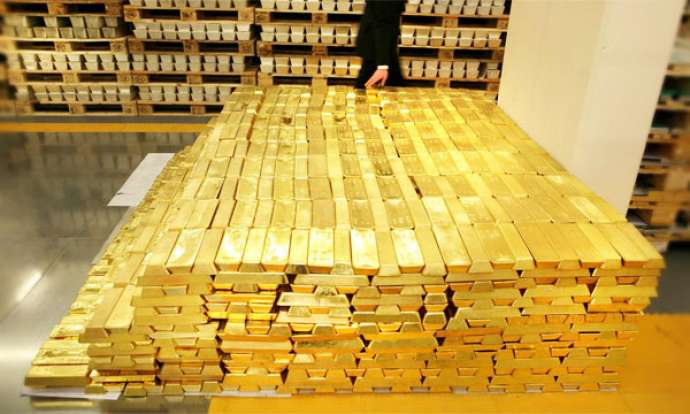Expert Commentary: Carsten Fritsch, Commodity Analyst at Commerzbank, on gold

According to the latest reports, US inflation rose, while real interest rates remained negative, therefore, analysts are expecting a boost in demand for gold. Do you share this point of view or not? Why?
I do share this point of view because there is a strong negative correlation between real interest rates and the gold price.
Some experts think that China and Russia both significantly increase gold reserves in order to lower US government's control on the value of their assets. Analysts suggest that this may weaken the US Dollar and push gold prices higher. Are you of the same opinion or not? Why?
I do not think that it is a reasonable assumption, because the available data simply does not support this opinion. China, for instance, reported its figures on foreign exchange reserves for March, according to which the Chinese Central Bank did not buy any gold for the fifth consecutive month. In the meantime, Russia increased its gold reserves, though not by the same magnitude as in the recent years, with monthly buying volumes being lower than two or three years ago.
What fundamentals can influence the performance of gold in the near future?
I would suggest that the main drivers for the gold price will be the already mentioned real interest rates and the US Dollar performance. The other factors may be stock market valuations and critical uncertainty, which may lead to safe haven buying, and, of course, the development in the major physical gold buying markets in India and China.
Where do you foresee gold prices for the end of this year?
At the moment, our year-end forecast for gold stands at $1300 per ounce.

